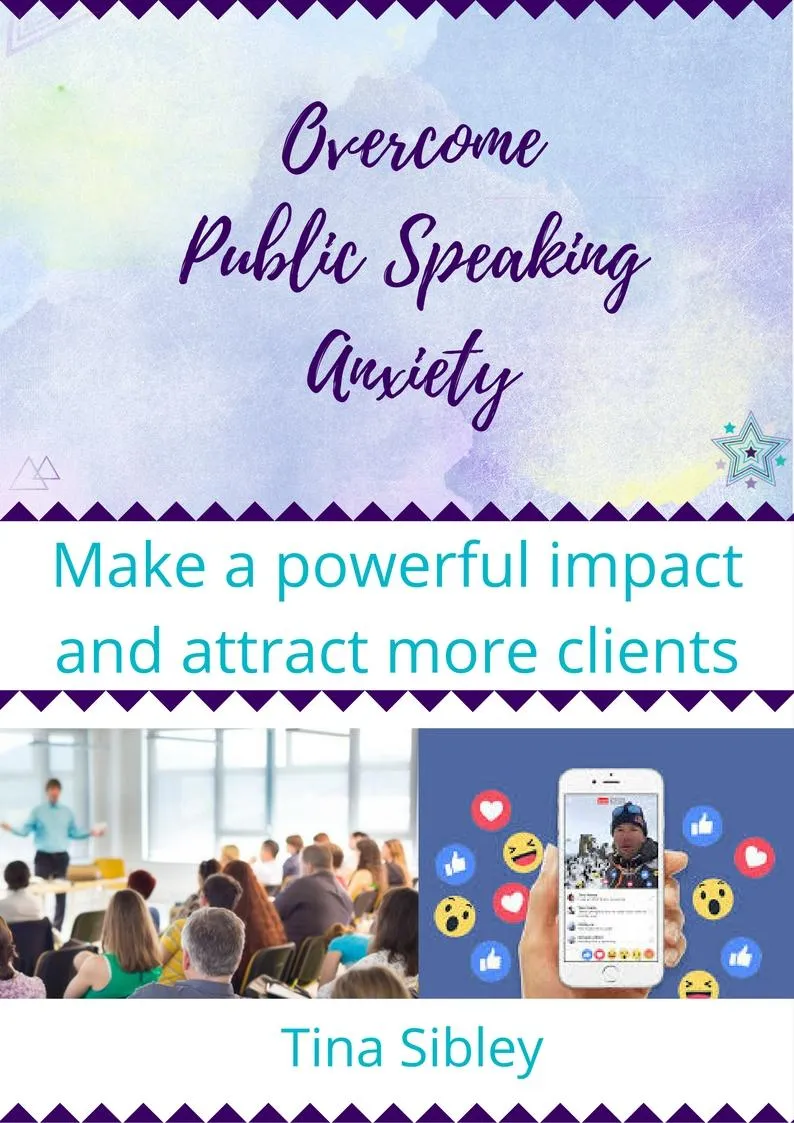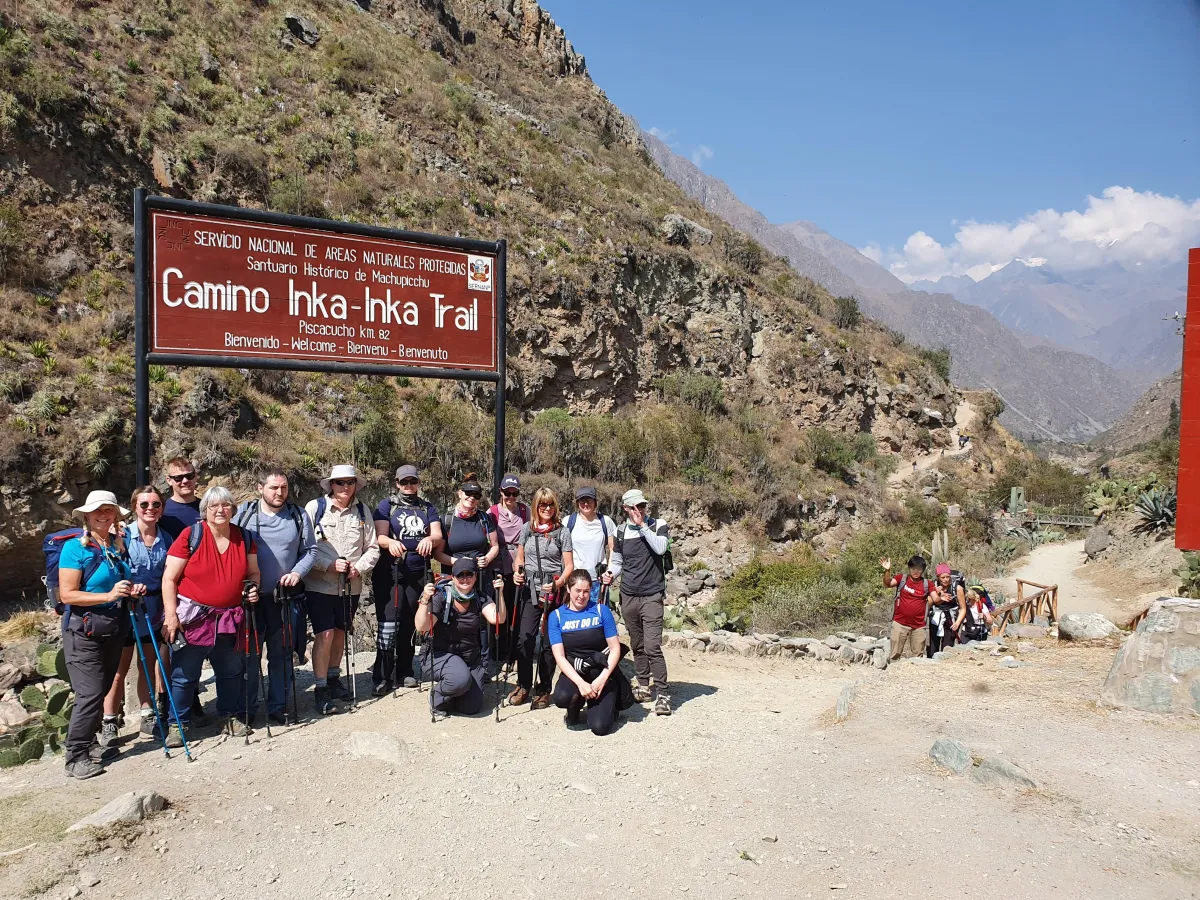


Want more confidence to achieve more success, have more adventures and have more fun?
Join the
Atrévete
Facebook Group


Join me in 2022
Join the
Machu Picchu Trips
Facebook Group
for all the details
What Happens to My Body When I Speak in Public?
Help! My Body Is Acting Weird!
One of the questions I’m often asked about public speaking is ‘what on earth is going on with my body?’
It’s true that, when nerves kick in, our bodies seem to have a mind of their own and don’t feel like they belong to us at all.
We suffer from shaking hands, knocking knees, crazy blushing, dry mouth, weak voice, feeling light headed, racing pulse, an empty brain and feeling like a frightened rabbit watching the approaching headlights of a car.
Well the good news is that I can explain why all this happens and the better news is that I can give you some tips to combat this phenomena 🙂
Why Our Bodies Act This Way When We Speak
Quite simply, the reason for all of these symptoms is what’s going on in our minds, together with a sudden rush of adrenaline. It’s that little chemical, naturally produced in our bodies that’s produced when we’re under stress – enabling us to either fight or flee. The trouble is, we’re doing neither of these things, we’re just standing up and talking – so all that adrenaline is building up and has nowhere to go.
The first thing to realise is that it’s what we’re thinking that causes the adrenaline in the first place. We’re telling our body by what we’re thinking that we’re under stress.
We do this by thinking all sorts of things such as: ‘Oh blimey – I’m going to die!; They’re going to hate me; this is going to be awful; I want to be sick; I’m terrified’ and so on. The body is simply reacting to what the brain is telling it.
In addition, our posture has an effect on our bodies and our emotions. When speaking, there is a tendency to adopt a weak posture, with feet too close together, head slightly lowered, torso slightly bent forwards and shoulders are rounded and forwards (almost like you want to give yourself a hug). There is also an anxious expression on the face.
It’s impossible to feel great when your posture is like this! Apart from the effect this posture will have on your emotions, your diaphragm will be constricted, making it difficult to breathe and the oxygen will not circulate properly to where it needs to go – causing loss of concentration (those brain blanks), causing you to shake, feel sick and also causing your pulse to race even more because the heart needs to work harder to circulate the blood and get oxygen flowing.
What to Do Instead
The obvious solution then is to STOP TELLING YOUR BODY IT NEEDS TO FIGHT OR FLEE!
By changing what you think, your body will no longer respond by producing the adrenaline it thinks it needs.
This will take practice as it’s probably changing old habits, but you must tell yourself (and your body) things like ‘This is cool, they’re going to love what I have to tell them, I’m going to make a real difference to some people here, I don’t have to be perfect but they will still love this, what a lovely bunch of people are in this audience, I’m enjoying this’.
Once you change your focus and your internal language, your body will stop producing the adrenaline that causes the problems.
The next obvious solution is to change your posture!
Stand upright and strong, head up, smiling all the way. Have your feet evenly placed directly beneath your hips, with your knees soft (not locked straight) and your hands relaxed by your sides.
The most important thing is to put your shoulders back and down – this opens up the diaphragm, making it much easier to breathe. The oxygen can then run around your body, getting to where it needs to go, alleviating those awful symptoms described above.
Actions to Practice
• Change your thinking and the story you’re telling yourself.
• Stand up straight, shoulders back and down – and BREATHE!
There you have it!
The whole weird body thing is very common and the steps to counter it are very easy – they just take practice!
For more information on overcoming the fear of public speaking, download my free E-Book: Overcoming Public Speaking Anxiety
